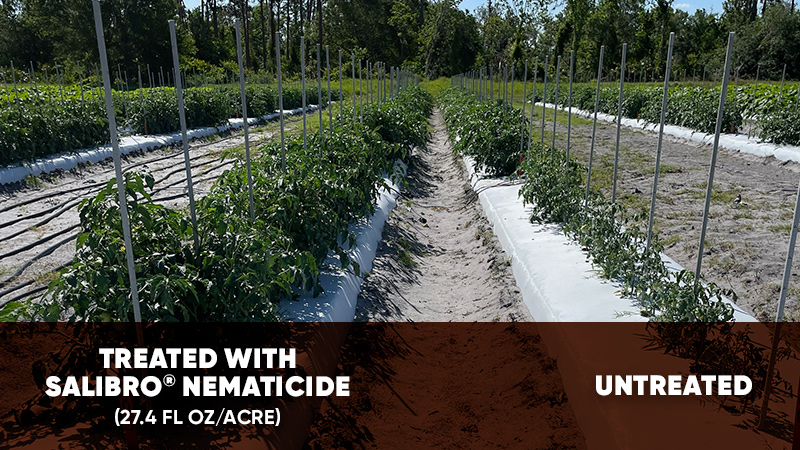How Ag Tech Is Providing Solutions for Farms Impacted by Drought

Drought is a rising menace that leaves deep scars on farming communities. It’s a heartbreaking reality for many farmers, which amplifies the urgent need for innovative solutions. What’s the way out of this challenge? Farmers should consider ag tech. The emerging ag tech field gives farmers the tools they need to survive and thrive in drought.
Ag tech can protect food sources and safeguard farmers’ livelihoods worldwide, and it’s becoming necessary everywhere. Here’s more on how ag tech is helping farmers manage drought-impacted areas.
Drought-Related Challenges and the Role of Water Quality
Drought is a recurring challenge for farmers, occurring more frequently than someone might expect. According to the USDA, high drought-risk areas face issues every two to three years, whereas lower-risk regions encounter them every five to six years.
Water isn’t just about quantity, though. Quality plays a significant role in farm productivity. Clean, uncontaminated water is essential for robust crop growth and animal health.
However, drought conditions don’t just reduce water availability — they can also compromise its quality. Water bodies that shrink become more stagnant and susceptible to contamination, and algae blooms become more common, threatening the remaining sources farmers rely on.
The Role of Ag Tech in Addressing Drought-Related Issues
Ag tech offers a suite of innovative solutions that aid farmers in combating drought challenges. Advanced technologies such as drip and precision irrigation systems use water more efficiently, ensuring every drop counts.
Soil moisture sensors are small but mighty tools that give farmers real-time data about their fields’ water status, optimizing irrigation schedules. Pair these with predictive weather models and farmers gain the ability to plan. This allows them to adjust their strategies based on upcoming weather patterns.
However, ag tech is more than using water sparingly — it’s also about ensuring the water used is top quality. Today’s farmers can access new-age tools for regular water testing and management. Constantly monitoring their water sources enables them to nip potential setbacks in the bud and maintain crop and livestock health even during drought. Therefore, ag tech is a vital ally.
Top Ag-Tech Solutions Farmers Use to Combat Drought Conditions
Various ag-tech solutions are emerging to combat the drought problem head-on:
- Water desalination: This technique removes salt and other impurities from seawater, making it suitable for irrigation.
- Rainwater harvesting: This is a tried-and-true practice modernized with tech. Sophisticated systems capture, store and filter rainwater, transforming it into a reliable source during droughts.
- Water harvesting from the air: Devices like atmospheric water generators condense humidity from the air, even in arid regions, producing clean water for irrigation.
- Portable water-quality testing kits: These kits allow farmers to constantly check their water sources’ quality. Many are now integrated with digital platforms for real-time data analysis and trend monitoring, enabling farmers to maintain crop and livestock health during droughts.
- Crop engineering: Scientists are developing drought-resistant crops that can survive with less water, promising a potential revolution in farming practices.
- Solar pumps: This is an energy-efficient and eco-friendly way to deliver water to fields. These innovative solutions demonstrate ag-tech’s extraordinary potential to reshape drought management approaches.
The Future of Ag Tech in Combating Drought
Ag tech’s role in combating drought is more vital than ever. Research and development in the industry continue at a breakneck pace, with potential breakthrough technologies like advanced bioengineered crops and AI-powered predictive analytics on the horizon.
These advancements aren’t happening in isolation. Vibrant collaborations between tech companies, farmers and research institutions are fueling them. As they work together, these groups will ensure that ag-tech solutions meet real-world needs and adapt to the changing face of farming.
Intelligent Irrigation is a startup partnering with academic researchers. It’s developing a system that adjusts irrigation in real time based on data from sensors embedded in the soil and predictive weather models. It aims to save water while ensuring crops get the exact amount they need.
The future of ag-tech provides hope while navigating the drought challenges of today.
This field is evolving and promises a resilient future, so farmers should embrace these technologies. Further adoption could ensure a sustainable solution for farms, regardless of the weather.










